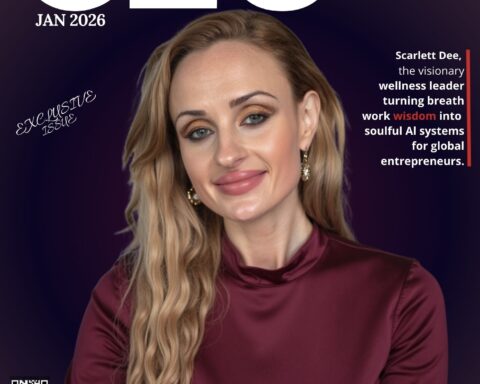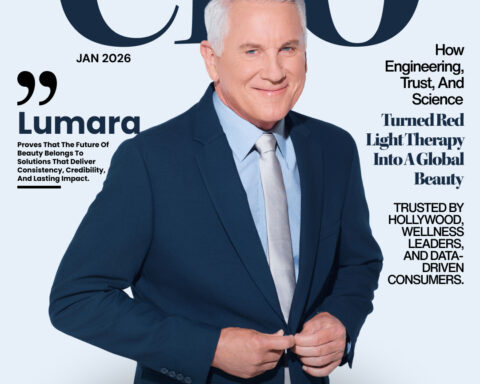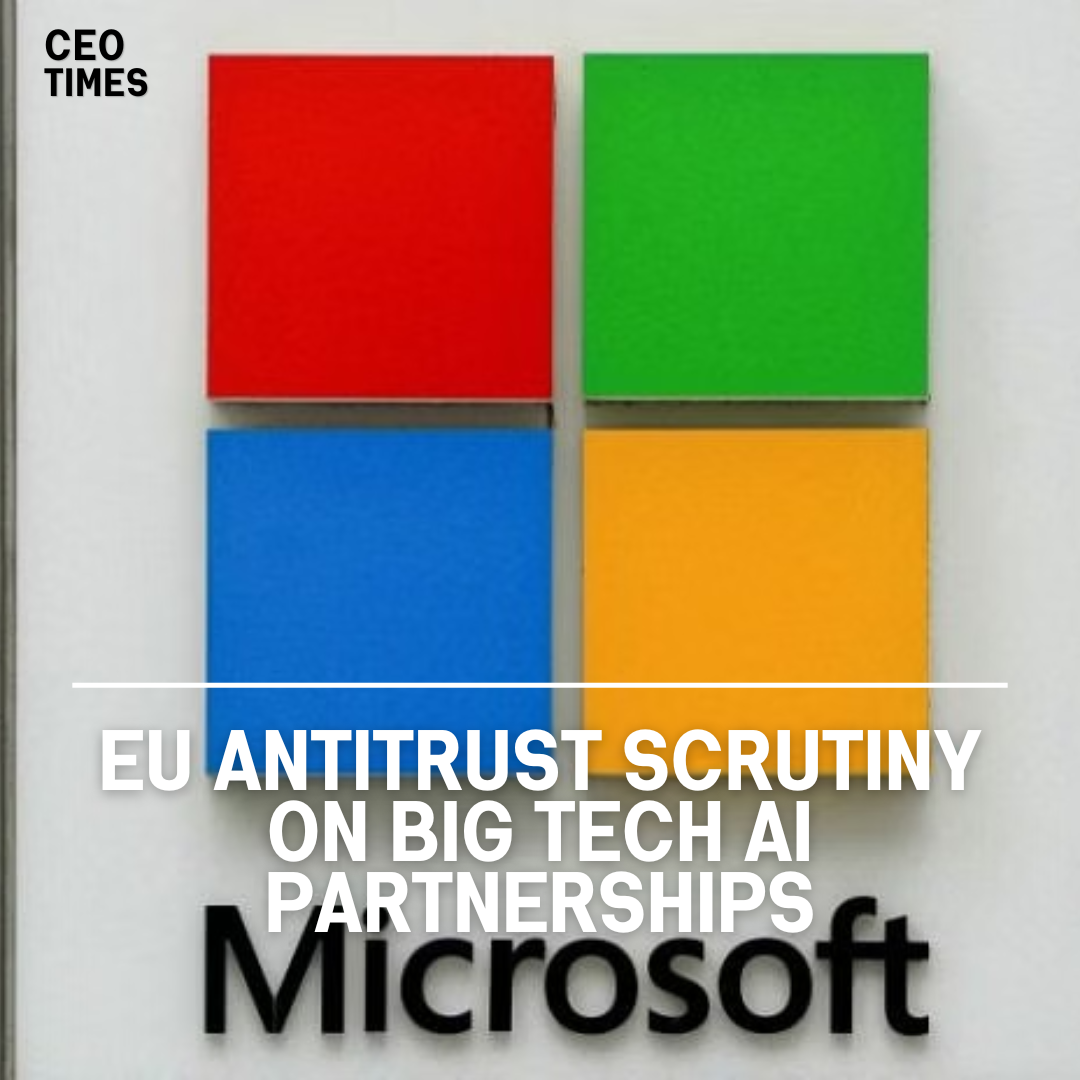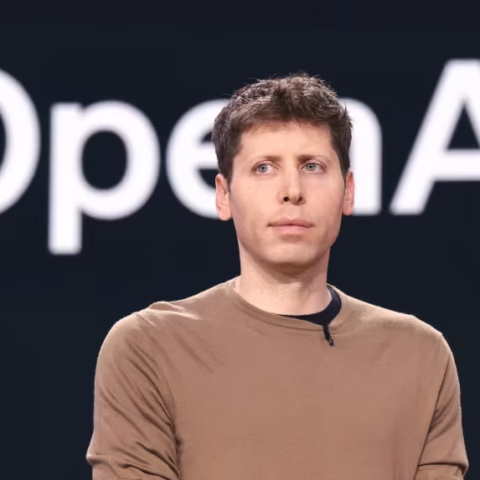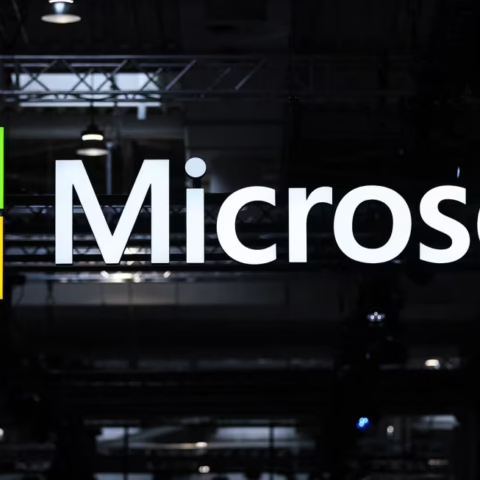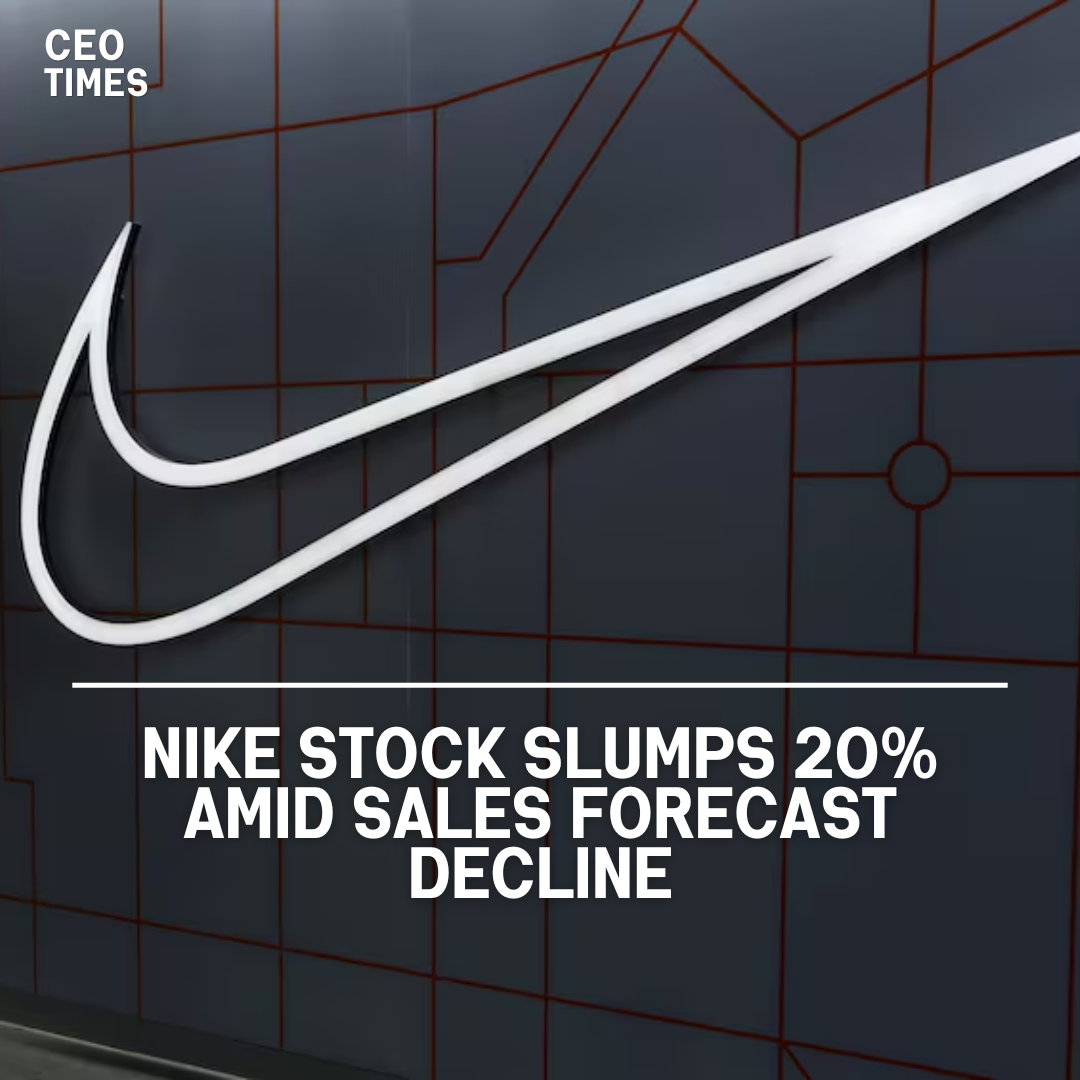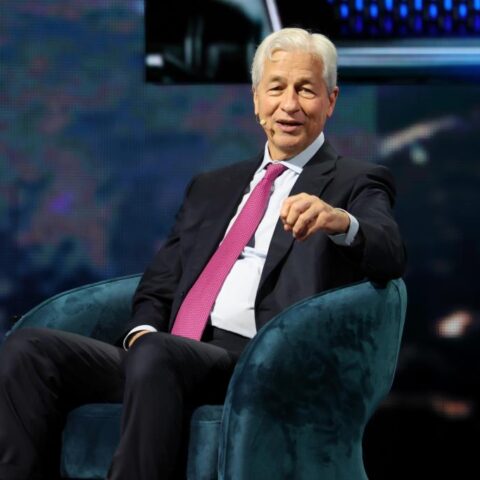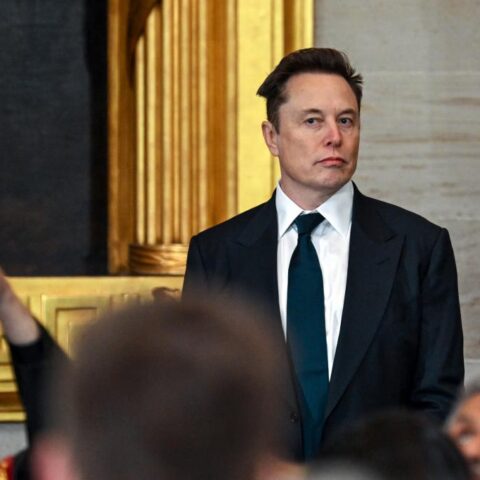EU regulators are poised to investigate Microsoft’s partnership with OpenAI and Google’s AI deal with Samsung, focusing on exclusivity clauses that may stifle competition and innovation.
Microsoft and OpenAI Partnership:
EU competition chief Margrethe Vestager highlighted concerns over exclusivity clauses in Microsoft’s partnership with OpenAI. Regulators are seeking additional views to assess potential negative impacts on competitors.
- Exclusivity Concerns: Vestager emphasized the need to understand if certain clauses could disadvantage other AI developers.
Google’s AI Deal with Samsung:
Vestager also flagged Google’s agreement to pre-install its AI technology on Samsung devices, raising similar competition concerns.
Google’s arrangement to embed Gemini Nano AI in Samsung’s Galaxy S24 series smartphones triggered regulatory scrutiny.
Broader Regulatory Concerns:
Regulators globally are wary of Big Tech’s dominance in leveraging AI and other technologies, mirroring concerns seen in other sectors.
Vestager cited worries about larger companies blocking smaller AI developers from accessing users and markets.
Acqui-Hires and Talent Acquisition
Vestager mentioned scrutiny into “acqui-hires,” where companies acquire others primarily for talent, such as Microsoft’s acquisition of startup Inflection.
Regulators will ensure such practices do not evade merger rules, particularly if they concentrate talent and capabilities.
Future Steps:
The European Commission continues to gather information and assess potential anticompetitive impacts of these partnerships, reflecting a proactive stance on regulating Big Tech’s influence in emerging technologies like AI.
This article outlines the regulatory landscape shaping investigations into major AI partnerships, highlighting concerns over market fairness and competition in the tech industry.

